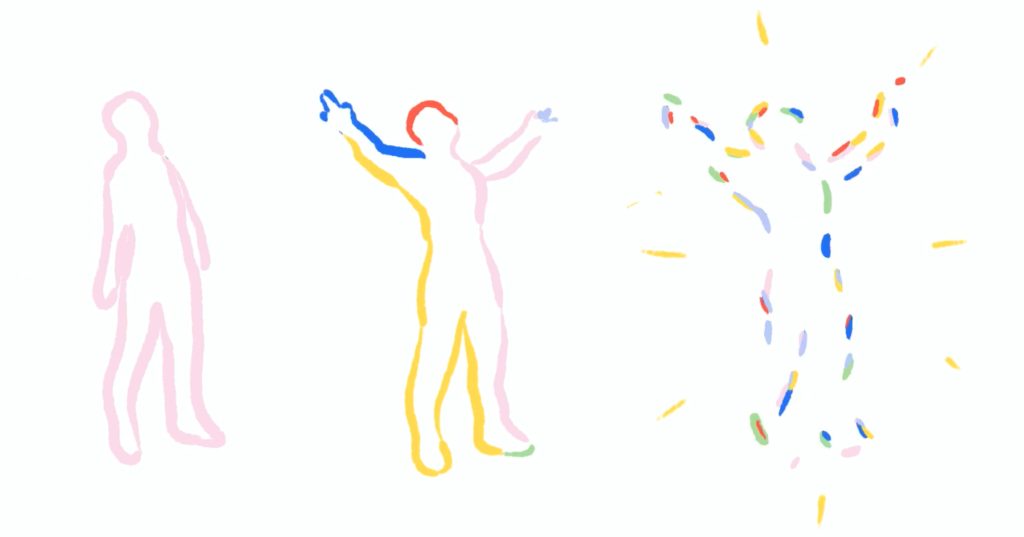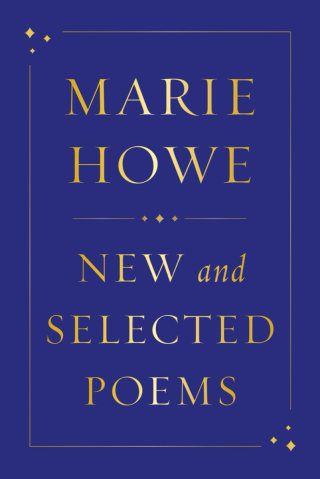I recall performing Beethoven’s “Ode to Joy” with the choir at the Bulgarian Math Academy when I was young. I was amazed to learn that despite centuries of conflict, this piece of music, inspired by an old Schiller poem and inspired by Beethoven’s unimaginable struggles, had become the official Hymn of Europe — a connection of harmony across human differences. I wondered as I sang whether music is something we create or something we are composed of.
That was also the question Pythagoras pondered when he established the basis of Western music by exploring the mathematics of harmony. Its beauty so amazed him that he believed the entire universe must be guided by it. He called it music of the spheres — the concept that every celestial body emits a unique sound as it moves, determined by its orbit.
The word orbit did not exist in his time. It was Kepler who coined it two thousand years later, and it was Kepler who revived Pythagoras’s music of the spheres in The Harmony of the World — the 1619 book in which he formulated his third and final law of planetary motion, transforming our understanding of the universe. For Kepler, this idea of celestial music was not just a metaphor, not simply a symbolic organizing principle for the cosmic order — he believed in it literally, believed that the universe is singing, resonating with music inaudible to human ears but as real as gravity. He died ridiculed for this belief.
Five centuries after his death, our radio telescopes — those immense prosthetic ears built by centuries of science — detected a low-frequency hum permeating the universe, the result of supermassive black holes colliding in the early universe: Each merging pair emits a different low note, and all the notes are blending together into this great cosmic hum. We have heard the universe singing.
To me, this is what makes music so unique — the way it connects the cosmic and the human, the temporary and the everlasting. It is simultaneously the most abstract of the arts, based on mathematics, emotion, and time, and the most tangible in its inevitable embodiment — we sing because we have a body, this bittersweet reminder that we are mortal, and we sing to celebrate that we are alive. Alongside love, music may be our best way of affirming “yes” to life, and to our life together — I know from the most etymologically passionate person in my life that the Latin root of the word person means “to sound through,” implying a listener: We sound through to something other than ourselves. When we speak, when we sing, when we convey this soulful sound wave, we reach beyond the self and participate in the great harmony of belonging.
That harmony comes to life with exceptional beauty and joyful tenderness in Marie Howe’s poem “Hymn.”
Found in her altogether superb New and Selected Poems (public library) and brought to life here by the talented Ohara Hale (who has previously animated Patti Smith reading Rebecca Elson and Joan as Police Woman singing Emily Dickinson), the poem is an “Ode to Joy” for our own time and for the epochs to come, resounding with the best in us, resonating through the potential.
HYMN
by Marie HoweIt began as an almost inaudible hum,
low and long for the solar winds
and far dim galaxies,a hymn growing louder, for the moon and the sun,
a song without words for the snow falling,
for snow conceiving snowconceiving rain, the rivers rushing without shame,
the hum turning again higher — into a riff of ridges
peaks hard as consonants,summits and praise for the rocky faults and crust and crevices
then down down to the roots and rocks and burrows
the lakes’ skittery surfaces, wells, oceans, breakingwaves, the salt-deep: the warm bodies moving within it:
the cold deep: the deep underneath gleaming: some of us rising
as the planet turned into dawn, some lying downas it turned into dark; as each of us rested — another woke, standing
among the cast-off cartons and automobiles;
we left the factories and stood in the parking lots,left the subways and stood on sidewalks, in the bright offices,
in the cluttered yards, in the farmed fields,
in the mud of the shanty towns, breaking intoharmonies we’d not known possible. finding the chords as we
found our true place singing in a million
million keys the human hymn of praise for everysomething else there is and ever was and will be:
the song growing louder and rising.
(Listen, I too believed it was a dream.)
Complement with Marie Howe’s amazing poem “Singularity,” honoring Stephen Hawking, then revisit the poetic physicist Alan Lightman on music and the universe.




